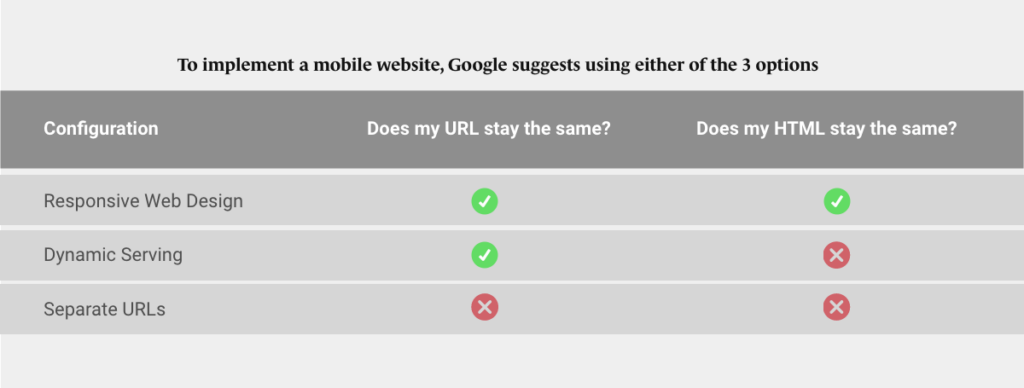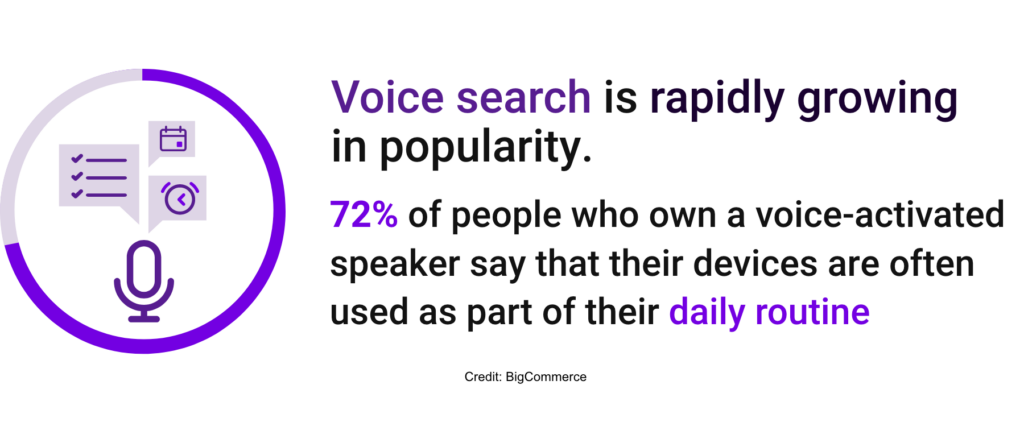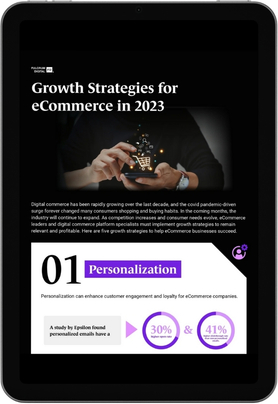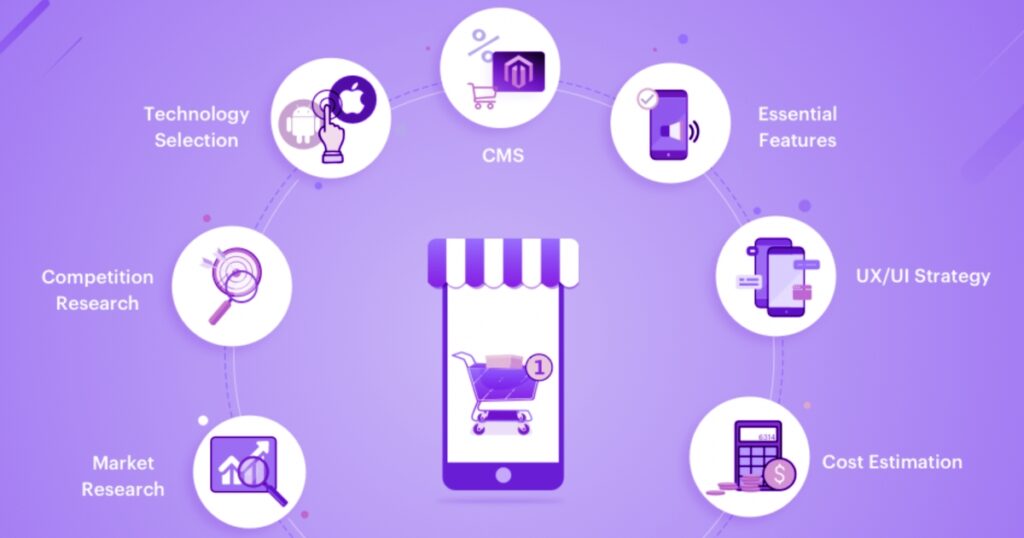In this blog, we explore the latest statistics and real-world examples that highlight the significance of mobile optimization in the e-commerce industry. By implementing effective mobile strategies, businesses can enhance user experiences, boost conversion rates, and maximize success.
In today’s digital age, smartphones have transformed how we engage with the online world. With a substantial increase in smartphone device purchases and the shift towards smartphone browsing, e-commerce businesses must prioritize mobile optimization to stay competitive and meet customers’ evolving needs. Mobile e-commerce is rapidly outpacing desktop e-commerce. Neglecting mobile users on your website could result in missed sales opportunities. Additionally, Google imposes penalties on non-mobile optimized sites.
1. The Rise of Mobile Purchases
The smartphone revolution is in full swing, with an ever-growing number of people choosing smartphones as their primary device for online activities. Recent statistics indicate over 60% of online shoppers have purchased using mobile devices in the last six months. This trend showcases the immense potential of mobile commerce and emphasizes the need for e-commerce websites optimized for mobile.
2. Optimized Websites Drive Success
E-commerce websites must prioritize mobile optimization. Responsive website design is essential to ensure seamless user experiences across various screen sizes and devices. According to research, 53% of mobile users abandon a website if it takes more than three seconds to load. Therefore, businesses should improve loading times to prevent potential customers from leaving due to sluggish performance.

3. Enhanced User Experience
Mobile optimization is about delivering an exceptional user experience. Mobile users have different expectations than desktop users, and businesses must adapt to these preferences. Features like voice search focusing on mobile usability for smartphone users and simple and intuitive navigation are crucial to help users quickly find what they need. Implementing a user-friendly checkout process, with minimal steps and autofill options, can significantly reduce cart abandonment rates.

4. Leveraging Mobile-Specific Features
To further enhance mobile optimization, e-commerce businesses can leverage mobile-specific features. For instance, offering various mobile payment options, such as digital wallets or one-click payments, can streamline the purchasing process and provide convenience for customers. Push notifications engage customers, providing personalized offers, product recommendations, and order updates. Such features contribute to customer satisfaction and loyalty, boosting conversions and revenue.
Optimizing your e-commerce website for mobile guarantees faster, easier, and more convenient customer experiences, ultimately driving increased traffic and sales. A superior customer experience boosts sales and improves organic traffic by enhancing your search engine page ranking on Google.
GROWTH STRATEGIES FOR ECOMMERCE IN 2023
Learn the latest growth strategies to stay relevant and profitable in the dynamic landscape of digital commerce.

Your e-commerce website must provide a cohesive and smooth user experience across various devices. Mobile optimization may initially seem overwhelming, but it can be simplified into key principles:
1. Streamline design and prioritize information hierarchy.
2. Optimize image-to-text ratio.
3. Strategically incorporate white space.
4. Ensure high contrast and readability.
5. Maintain visual and functional consistency across devices.
6. Facilitate seamless navigation between mobile and web versions.
7. Optimize loading speed.
8. Minimize data fields in forms.

Methods to optimize your e-commerce business for mobile
To optimize your e-commerce website for mobile users, consider the following points:
1. Prioritize responsive design: Ensure your website adapts seamlessly to different screen sizes and functions. You can also explore a separate mobile-optimized website.
2. Optimize content: Use smaller images, fewer videos, and concise yet informative content to maintain loading speed and efficiency.
3. Simplify the sales funnel: Minimize pages, create user-friendly buttons and forms, and optimize the checkout process for a seamless shopping experience.
4. Embrace device-agnostic shopping: Sync your website across devices, allowing customers to transition while retaining their shopping carts and account information smoothly.
5. Enhance smartphone experience: Strategically position interactive elements within easy reach, optimize call-to-action areas, and consider gestures like swipes for an improved mobile shopping experience.
E-commerce businesses have reaped the rewards of mobile optimization. Take, for instance, XYZ Clothing, which witnessed a 30% increase in digital sales after implementing a mobile-first approach. By ensuring their website was fully responsive, optimizing loading times, and simplifying the checkout process, they significantly improved the user experience and successfully tapped into the smartphone market.

Conclusion
In the rapidly evolving e-commerce landscape, mobile optimization is no longer optional; it is necessary for businesses to thrive. The latest statistics highlight the increasing use of smartphones for online purchases, emphasizing the immense potential in the smartphone market. By prioritizing mobile optimization, e-commerce businesses can provide seamless user experiences, reduce bounce rates, and boost conversion rates. Leveraging mobile-specific features further enhances engagement and customer satisfaction.




